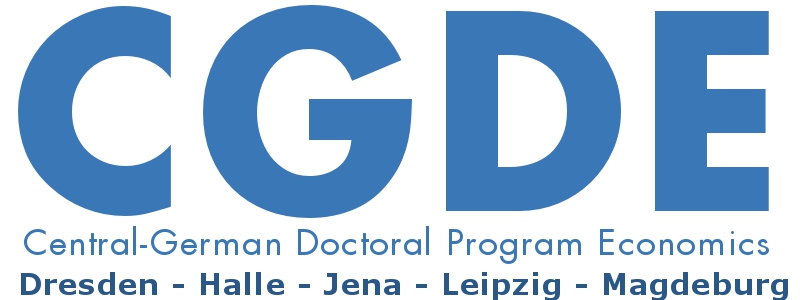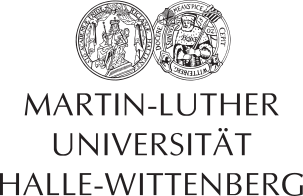Advanced Microeconomics
Lecturer: Professor Dr Anke Kessler (Simon Fraser University, Vancouver)
Date: July 2-5, 2018
Venue: ifo Institute, Dresden Branch, Einsteinstraße 3, 01069 Dresden
Registration: until June 1, 2018 via email: yvonne.bludau@tu-dresden.de. The course is designed for at most 25 participants.
Announcement: pdf
Objectives
The course provides a short introduction to the theory of contracts and asymmetric information. By the end of the course, students should have developed a broad analytical knowledge about what constraints informational asymmetries place on the efficiency and profitability of economic transactions in both market and non-market environments. They should also have learned to explain and determine optimal institutional responses (specific mechanisms/contracts) that can be used to address these problems
Outline
I. Asymmetric Information and the Failure of the Coase Theorem
II. Asymmetric Information and Market Failure
– Adverse Selection
– Monopolistic Screening
– Signaling
III. Moral Hazard
– Principal Agent Model with Hidden Action
– Relational Contracts
IV. Behavioral Contract Theory (time permitting)
Schedule of classes
2 July: 10:00–12:00 and 13:00–17:30
3 July: 09:00–12:00 and 13:00–17:30
4 July: 09:00–12:00 and 13:00–17:30
5 July: 09:00–12:00 and 13:00–15:00
In preparation for the course, students should read the following material:
1. Any chapter(s) on Decisions under Uncertainty/Attitudes towards Risk in either one of the following textbooks:
Bolton, P. and M. Dewatripont (2004). Contract Theory, The MIT Press.
Jehle G.A. and P.J. Reny (2001), Advanced Microeconomics Theory, Addison Wesley.
Kreps, D.M. (1990), A Course in Microeconomic Theory, Princeton University Press.
Mas-Colell, A. Whinston, M.D. and Green, J.R. (1995). Microeconomic Theory, Oxford University Press.
2. All of the following chapters from Gibbons, R. (1992)], Game Theory for Applied Economists, Princeton University Press
Theory: Subgame Perfection
Theory: Two-Stage Repeated Games
Theory: Infinitely Repeated Games
Theory: Static Bayesian Games and Bayesian Nash Equilibrium
Introduction to Perfect Bayesian Equilibrium
A detailed reading list and lecture notes will be distributed before the first day of class.























